Yes, the Cherokee had slaves, and no, their descendants are not happy. They’re so unhappy, in fact, that they’ve sued the Cherokee nation that enslaved and freed their ancestors, only to kick them out a century later. On Saturday they’ll be gathering in Tulsa, Oklahoma, to prepare for next month’s court proceedings. What do they want? To be recognized as part of the Cherokee nation again, of course. Confused? You’re not alone.
The group, known as the Freedmen, have been fighting the Cherokee government for citizenship since it was revoked in the early 1980s on the basis that they lacked proof of native blood. Today around 3,000 reservation residents claim lineage from blacks once enslaved by the Cherokee and the rights they were entitled to.
Here’s what you need to know.
So the Cherokee had slaves?
Thousands, actually. And it wasn’t just the Cherokee. Many members the Five Civilized Tribes—Cherokee, Choctaw, Chickasaws, Creeks and Seminoles—all of them had slaves, though the Cherokee were the primary holders. By 1860, the tribe had 4,600 enslaved blacks under their dominion, owned mainly by a minority of elite members. Beginning in the late 18th century, white leaders encouraged the tribe to adopt the practice in order to facilitate large-scale agricultural production and their assimilation into the white way of life.
In 1827, the Cherokee even created a slave code virtually indistinguishable from that of white Southern plantation owners. The document explicitly barred slaves and their descendants (including those of mixed race) from owning property, making money, drinking alcohol and marrying into the tribe. Blacks were also categorically disenfranchised, even if they were free or partially Cherokee.
During removal in the 1830s, 2,000 slaves were forced to march westward with their masters on the Trail of Tears. The tribe eventually settled in what is now Oklahoma, and their agrarian nation prospered, largely because of slave labor. So when Lincoln threatened the practice of #slavery at the start of the Civil War, the slave-dependent Cherokee pledged allegiance to the Confederacy.
Their ancestors were eventually freed. What’s the Freedmen’s main gripe?
In a nutshell, they want to be reinstated as rightful members of the Cherokee tribe. In 1866, after the Civil War, the Cherokee agreed with the federal government to grant full tribal citizenship to all freed slaves and their descendants in the wake of the Cherokee Emancipation Proclamation. The tribe’s newest members became known as the Freedman.
But the Freedmen’s rights were not easily won. The Cherokee became possessive and resisted the division of their assests. The U.S. government was able to overrule their efforts to shut the Freedman out of land and financial allocations, but nearly a century later, all progress was reversed. Ross O. Swimmer, the Chief of Cherokee Nation, issued an executive order in 1983 requiring that all citizens have a “Certificate of Degree of Indian Blood” in order to vote. The certificates were based on the Dawes Rolls, a tribal census taken between 1899 and 1906. At the time, mixed-blood Cherokees were treated as full members, while Freedman were listed separately, regardless of any native ancestry.Following Swimmer’s declaration in 1983, 25,000 Freedman descendants were effectively cut off from their heritage, initiating a racially heated rumpus, which endures to this day.
Why do they want to be identified with Cherokee when they were enslaved by Cherokee?
Maybe history, maybe culture. Maybe free health care and other benefits. Freedman lived as citizens of the Cherokee nation for over a century before their rights were revoked, and some even served in the tribal government. They feel that to deny them Cherokee citizenship, is to deny them their cultural heritage. Excluding Freedmen from the Cherokee community also cuts them off from a host of benefits native populations now receive from the federal government, not to mention their right to restitution. That includes everything from free health care and housing assistance to scholarship money and employment opportunities.

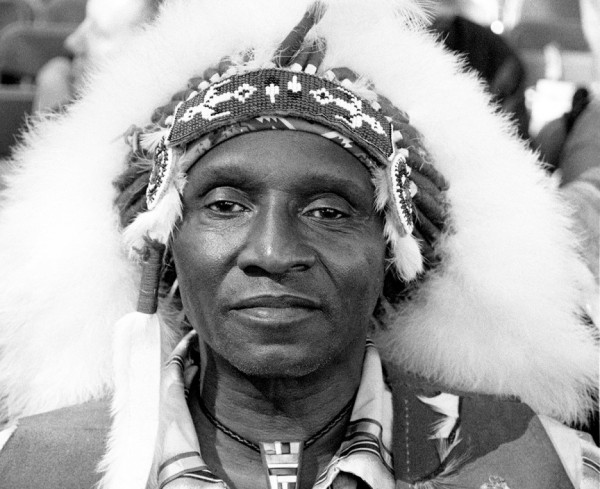



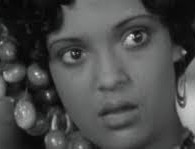

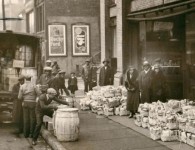
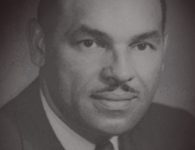
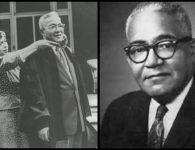
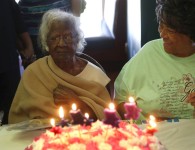

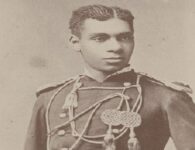



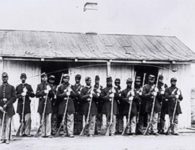
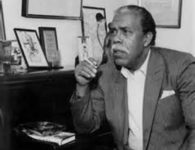
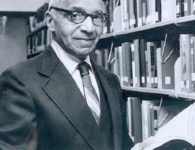


10 Comments
Now more people can in this country can understand what the term ‘racial pecking order” means!
That’s why they were treated like dogs by the white man they are no better than the white man.
this is a bunch of bull shit! trick knowledge gut full of lemonade tirck bags
1) The Native American Head dress is NOT apart of Cherokee tradition.
2) I guess people will need to keep repeating this fact. Free blacks owned slaves in America, Africa today slavery is still practiced. Slavery is still practiced in Haiti. I will guess it’s better for blacks to be owned by blacks ?
3) For the most part the Cherokee Nation and it’s people remained neutral during the war of Northern aggression. Lincoln only outlawed slavery in Confederate states. He allowed slavery in the Union. During the Civil War the White house was being built with slave labor. General Grant took his slaves with him to set up camp,cook…
4) I feel that the Cherokee Nation as a Sovereign Nation should be able to chose who is a part of that Nation. The Cherokee people are race of people with a language, religion, traditions and culture. By allowing outside influences in they are endanger of losing everything.
For the most part I have to agree with James. Let’s face it, nobody wants to admit it, but most racial groups want to keep their current members shaped in a way that preserves their own view of their own heritage. Ok, take me, for instance. I am as mutt as they come. I have ancestors from every ethnic background in the world. (Except Asian as far as I know.) I have a pure blood black African great grandmother on one side of my family and a pure blood Cherokee great grandmother on the other side. Enough pure blood to go get citizenship. I also Blackfoot Indian not much further back. These bloodline are actually my racially purest bloodlines I have. However, I clearly look white. Dirty blonde hair, blue eyes, skin a little too olive to be hitler’s wet dream but if any reasonable person looks at me they see a white guy. Oh, and to top off the bloodline thing, born and raised in a black neighborhood. So here is my point: is there any circumstance in which this white guy could be considered black. You know, an integrated part of the black culture and community? No? Why not? I have the bloodline, I grew up immersed in it. I just don’t look right. See my point? Black people are the ones who have the right to decide who is black, and I know I’m not it. So the Cherokee people do too. It’s unfair to call racism if your not prepared to call it on yourself for the same actions. (Yea, and also not seeking membership in the Cherokee nation. Most Cherokees aren’t exactly cool with white guys calling themselves Cherokee, no matter what the rules are. I don’t care about the benefits, it would just be nice to feel a part of some group.)
The head dress was worn during during certain ceremonies by the ones who settled in Oklahoma. Slavery in the US was totally different than slavery in other countries because most of the nations economy was dependent upon slave labor. The Freedmen are not an outside influence. Cherokee masters slept with and raped some of their just as whites did. That produced offspring. Your last statement was the most ridiculous. If you father a child could you have no contact or responsibility because the child would be an outside influence that could cause you to lose everything?
Yes, lose language, religion, tradition, culture, and family as Africans brought to america, by whites,
to be slaves lost. So let us not treat the Cherokee nation the way they treated black slaves, and continue to treat African Americans today – with no respect.
Wow! I learned about the Freedman’s Bureau in school but they didn’t say it like that! However my great-grandmother was A Cherokee and I’m proud of my heritage to know that they pushed the African-Indigenous people out of the way to allow the $5.00 “Indians” that consisted of Irish people mingling in the tribe. This is why the Choctaws got mad at the Cherokees
Yes my Great grandmother, and grandmother were Cherokee, and I dont know much but Im learning that, white people called the settlers who came here, were killing off all the Indian tribes, so to me it sounds like everything, and most decisions were being made for survival purposes.
it is shameful How this tribe treated it’s Black memberes. Call it greed or hypoocracy The Cherokee nation’s rejection of Black people who lived with them and fought with them is disgraceful. But, I guess it comes down to the money. The Seminoles also have a history of taking in runaway Africans. However, those African played a major roll in the tribe’s fight with the Uniion Army. Very important figure “John Horse” was one of hte tribes lkeaderds.